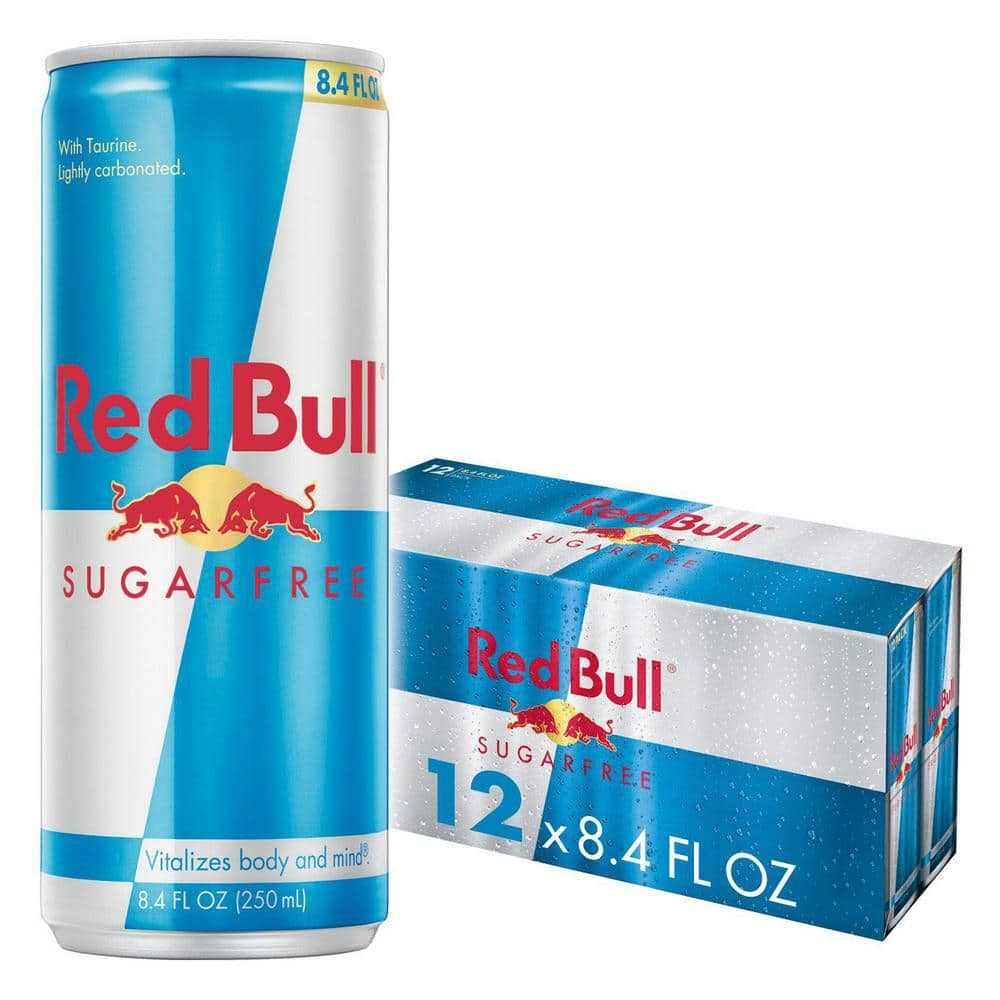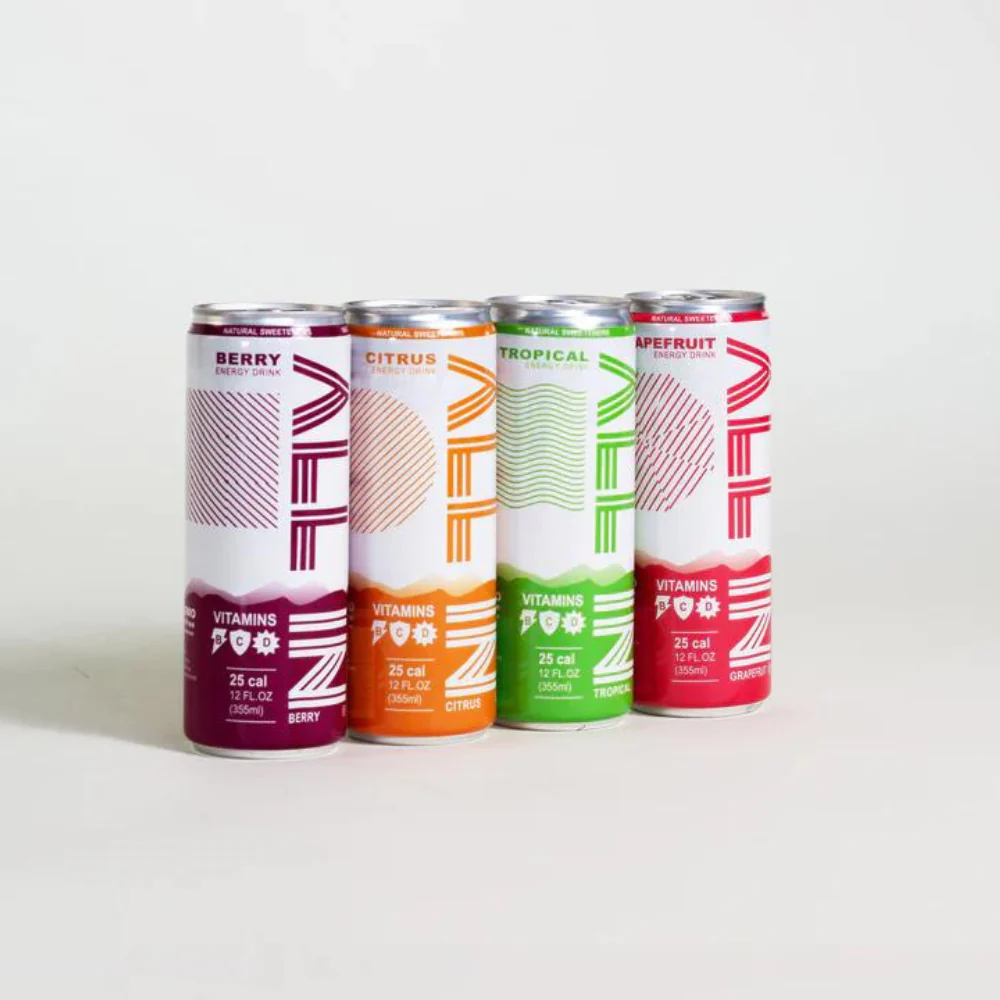Introduction to Citric Acid and its Effects
Energy drinks without citric acid! Citric acid is a common natural and additive substance. It is present in various fruits and vegetables, primarily citrus fruits like lemons and limes. This weak organic acid adds a tart flavor to food and beverages. Besides its taste, it offers health benefits as an antioxidant. Antioxidants help prevent cell damage which can lead to cancer, as mentioned by the National Cancer Institute.

However, citric acid is also manufactured synthetically. Manufacturers use a mold known to cause allergies, as outlined in the Toxicology Reports of August 2018. This form is prevalent in many commercial products, including energy drinks, as a flavor enhancer, preservative, and acidulant.
While natural citric acid may be beneficial, its synthetic counterpart does raise some concerns. Reports have linked it to potential health issues such as tooth erosion and muscle stiffness. Yet, the FDA considers manufactured citric acid as a safe food additive. Understanding the source and effects of citric acid is crucial for making informed dietary choices, especially for those sensitive to additives.
The Link Between Citric Acid and Beverage Choices
Citric acid commonly appears in many beverages. Its presence impacts flavor, preserving qualities, and acidity levels. Many soft drinks, energy drinks, and juice drinks use citric acid as the second ingredient after water. It adds a tangy taste and helps keep drinks fresh. However, this can pose problems for certain people.
For individuals sensitive to citric acid or experiencing citrus allergies, many common beverages may not be suitable. Thus, avoiding these can prevent potential health discomforts. It’s important for consumers to know about the citric acid content in beverages. This can help them make better choices that suit their health needs.
Moreover, knowing more about citric acid allows consumers to identify drinks that may cause lesser known issues like tooth erosion. Checking labels becomes essential. It helps those sensitive to citric acid avoid unnecessary exposure. This practice empowers consumers to maintain better control over their dietary preferences and health.

Health Concerns and Citric Acid Consumption
Citric acid occurs naturally and as a food additive. Natural sources include fruits, especially citrus like lemons and limes. The synthetic form is common in various foods and drinks. Yet, it’s linked to several health issues. Some people report muscle stiffness and discomfort. These symptoms relate mainly to derived citric acid. Moreover, a study from April 2016 linked acidic drinks to tooth erosion. The risk of kidney stones can decrease with natural citric acid intake. This was shown in a December 2014 Korean Journal of Urology study.
Thus, while natural citric acid can benefit health, the synthetic variant poses risks. It’s crucial to recognize which form of citric acid you consume.
Food and Drug Administration (FDA) Stance on Citric Acid
The FDA classifies manufactured citric acid as a generally recognized as safe (GRAS) additive. This means they consider it safe for consumption in food and drinks. The classification follows extensive reviews of scientific studies and data regarding its use and effects. Manufacturers can use citric acid as a preservative, flavor enhancer, or acidulant in energy drinks and other products. However, noting its safe status does not dismiss individual sensitivities. Consumers who have issues with citric acid should still avoid it. The FDA’s stance aims to ensure broad public safety while encouraging informed consumer choices. Make sure to read labels carefully, especially if you’re sensitive to additives like citric acid.
Understanding the Hidden Sources of Citric Acid
While many people know that citric acid is common in citrus fruits and some beverages, it also lurks in less obvious places. Comprehending where citric acid may be hidden helps those sensitive to it or trying to avoid it for health reasons. Here are several unexpected sources of citric acid:
- Packaged Snacks and Condiments: Citric acid often serves as a preservative or flavor enhancer in snacks like chips and in condiments like ketchup.
- Candy and Sweet Treats: Many candies, even non-citrus-flavored ones, contain citric acid for a sharp taste contrast.
- Beauty and Cleaning Products: Surprisingly, some shampoos, soaps, and detergents include citric acid for pH balance.
- Medications and Supplements: Lozenges and syrups might have citric acid to improve taste and stability.
Awareness of these hidden sources allows individuals, especially those with sensitivities, to make better informed choices and avoid potential discomfort. Always keeping an eye on labels can guide such decisions effectively.
Discovering Energy Drink Options Without Citric Acid
For those looking to avoid citric acid in energy drinks, there are options available. Beverages that do not list citric acid as an ingredient could be suitable for sensitive individuals. Certain energy drinks market themselves as natural or organic, and some of these products may choose to avoid synthetic additives including citric acid.
When seeking out energy drinks without citric acid, here’s what to consider:
- Organic Energy Drinks: Some organic beverages use natural fruit juices that may contain lower levels of citric acid, or none at all, instead of synthetic varieties.
- Root Extract Drinks: Energy drinks utilizing natural root extracts for flavoring often do not contain citric acid, making them a potential choice for those avoiding acidic additives.
- Milk-Based Energy Beverages: There are energy drinks that combine milk or milk alternatives without citric acid. These products can provide energy through natural sugars and nutrients in milk.
- Green Tea Energy Drinks: Energy drinks based on green tea may have no added citric acid and can be a good alternative, offering natural caffeine.
- Water-Based Energy Drinks: Some energy drinks are infused with electrolytes and vitamins in water, without added acids. Brands dedicated to low acidity may be safer options.
While these alternatives may not be as widely available as traditional energy drinks, they exist. Checking labels for ingredients and doing a bit of research can go a long way in finding suitable energy drinks without citric acid. Being mindful of the ingredients will help maintain a balance between enjoying an energy boost and managing health requirements.

The Importance of Reading Beverage Labels
Beverage labels tell a story beyond just nutritional content. They are a window into the ingredients used and potential health implications for consumers. For individuals with sensitivities to certain additives, like citric acid, reading labels is a crucial step in ensuring their wellbeing.
Properly inspecting the ingredients listed on beverage labels can aid in identifying drinks with citric acid. Drinks without this additive will advertise it, targeting those who avoid it for health reasons. Key points to look for on a label include:
- Ingredient List: Always start here. Look for citric acid or its common derivatives.
- Certifications: Organic or non-GMO labels can lead to citric acid-free choices.
- Acidity Regulators: Some drinks use alternative acidity regulators, so they won’t include citric acid.
- Allergen Information: Occasionally, beverages will note common allergens, though citric acid itself isn’t an allergen.
Remember the importance of hydration for bodily functions. Water is always a safe, neutral choice. Yet, for those desiring flavor without the citric acid, recommendations include milk alternatives, such as almond or soy milk, and natural root beer. Be mindful of flavor add-ins, as they may introduce citric acid. Green tea, especially unflavored, remains a good option due to its alkaline nature.
Armed with the right knowledge and the habit of label reading, consumers can navigate to beverages that work best for their health. Encourage readers to take a few seconds to check the label—it’s a small habit that can bring significant benefits.
Natural Alternatives to Common Energy Drinks
For those avoiding citric acid, natural energy drink alternatives abound. Seek drinks clear of synthetic additives. Here’s a guide to natural choices:
- Herbal Infusions: Opt for drinks made with herbal blends. These often skip citric acid.
- Sparkling Mineral Water: Choose naturally carbonated mineral water for refreshment without added acids.
- DIY Energy Drinks: Mix water with natural ingredients like honey, ginger, or mint.
- Coconut Water: This naturally hydrating choice contains electrolytes and provides a gentle energy lift.
- Fruit Infused Water: Infuse water with slices of fruits low in citric acid like peaches or berries.
- Yerba Mate: This traditional South American drink contains natural caffeine.
- Black Coffee: Straight black coffee is acidic but does not contain added citric acid.
- Chicory Coffee: A caffeine-free alternative, it offers a coffee-like experience.
To ensure choices are citric acid-free, always read labels with care. Stick to unflavored and unsweetened versions wherever possible. These alternatives can suit those seeking a boost without the unwanted ingredients.
Final Thoughts on Citric Acid-Free Hydration
Navigating the beverage aisle for energy drinks without citric acid may seem daunting. Yet, it’s a vital step for those with sensitivities or preferences against this common additive. Hydration, after all, plays a significant role in our overall health, and the drinks we choose can contribute to or diminish our wellbeing.
A mindful approach can reveal various suitable alternatives ensuring both hydration and energy boosts. For instance, seek out brands that specify ‘no citric acid’ or offer natural, unflavored options. Remember, reading labels is key. It avoids unwanted ingredients and aligns with your health goals.
When in doubt, choosing plain water is the safest route. For those craving more variety, herbal infusions, natural root beers, or even making a DIY energy concoction can be rewarding. Green tea, especially in its purest form, is also a citric acid-free choice that boasts health benefits.
Ultimately, the goal is to respect your body’s needs by selecting drinks that keep you hydrated without the downsides of citric acid. This guide aims to empower your beverage choices, ensuring you stay refreshed and energized, in a way that’s right for you.
